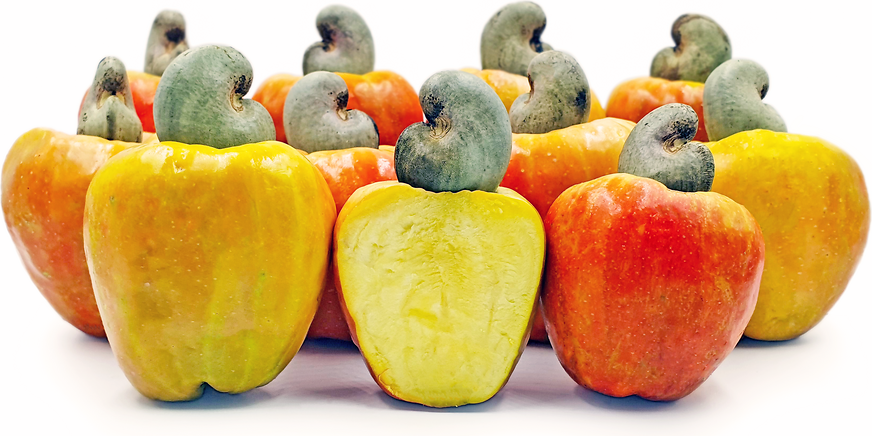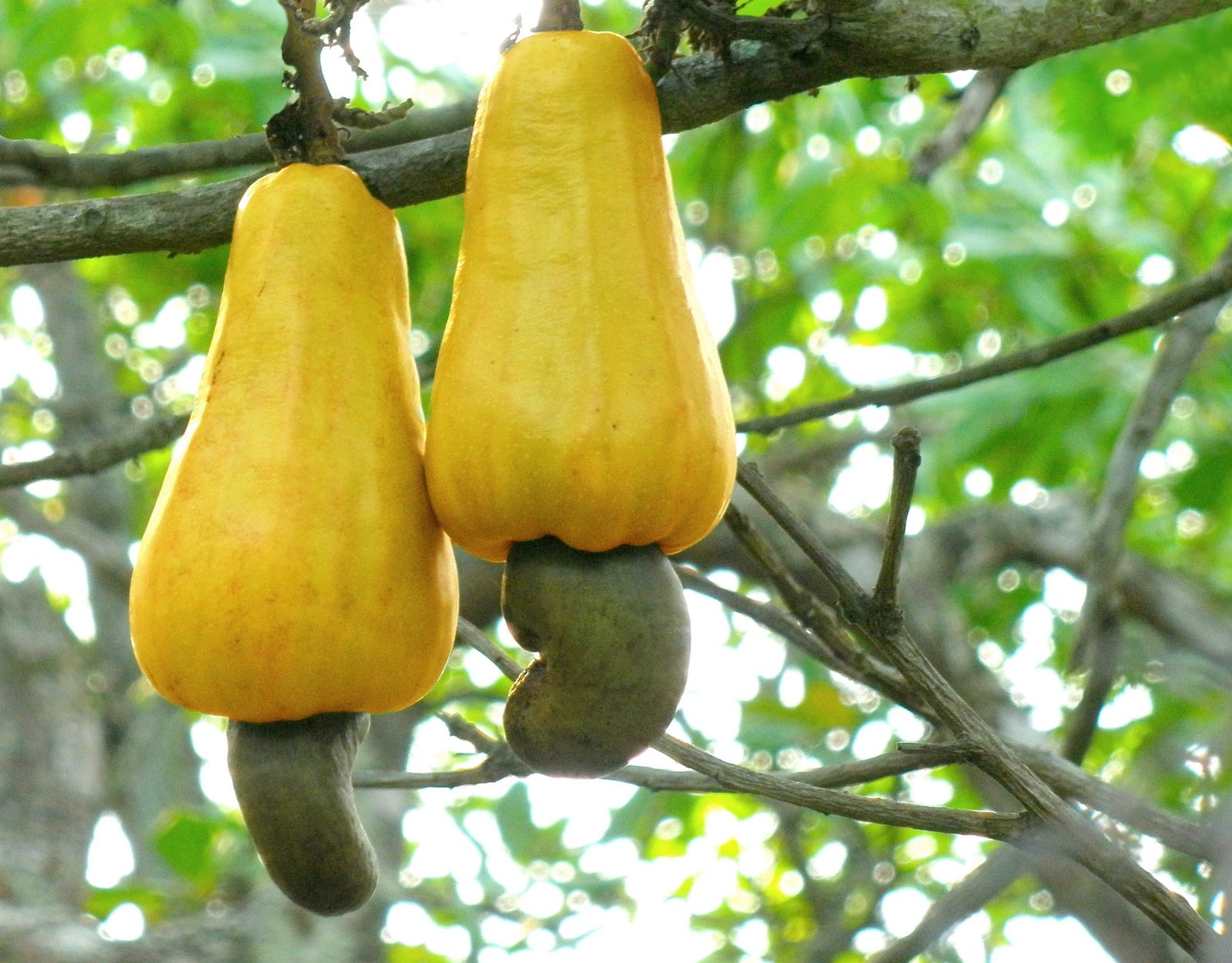When we think of cashews, the first thing that comes to mind is the creamy, crescent-shaped nut often snacked on or used in various dishes. But did you know that the cashew nut is actually a byproduct of the cashew fruit, also known as the cashew apple? In this post, we will explore whether you can eat the fruit of a cashew and the safety considerations involved.
What is a Cashew Apple?
The cashew apple is the fleshy part of the cashew fruit that is attached to the cashew nut, which itself is encased in a hard shell. While the nut is commonly eaten after being processed, the cashew apple is a delicacy in the regions where cashew trees grow, such as Brazil, India, and some African countries.
Is the Cashew Apple Edible?
Yes, the cashew apple is edible and is quite nutritious. It is rich in vitamin C, and contains a good amount of fiber and other vitamins and minerals. The cashew apple has a unique taste; it’s sweet, tangy, and slightly astringent. However, it’s not as widely consumed internationally as the nut because it’s highly perishable and can be difficult to transport without damage.
Benefits of the Cashew Apple
The cashew apple is not just edible but also offers several health benefits:
- High Vitamin C Content: The cashew apple is extremely rich in vitamin C, with a content higher than that of many citrus fruits.
- Antioxidants: It contains antioxidants, which help protect the body from free radicals and may contribute to overall health.
- Fiber: Like most fruits, it provides dietary fiber, which aids in digestion and maintaining a healthy gut.
How to Consume Cashew Apples
If you’re in a region where cashew apples are available, you can enjoy them in a few different ways:
- Raw: The cashew apple can be eaten raw, just like you would eat any other fruit.
- Juices and Smoothies: Its juicy nature makes it ideal for blending into juices or smoothies.
- Jams and Preserves: In some countries, cashew apples are used to make jams or preserves.

Safety Considerations
While the cashew apple is safe to eat, the same cannot be said for all parts of the cashew fruit, especially the raw cashew nut.
- Raw Cashew Nuts: The shell of the cashew nut contains urushiol, an oil that can cause severe allergic reactions similar to poison ivy. Therefore, it’s essential that cashew nuts are properly processed, usually through roasting, to destroy the toxic oil before consumption. The FDA provides guidelines for selecting and serving produce safely, which are applicable when handling cashew apples and nuts.
- Proper Handling: Handle cashew apples with care to avoid contact with the urushiol from the nut shell. Wear gloves if you are handling the whole fruit, including the nut.
- Allergies: As with any food, be aware of potential allergies. If you have a known allergy to cashew nuts, it’s best to avoid the cashew apple as well, as cross-reactivity can occur.
Key Takeaways
- The cashew apple is the fruit part of the cashew fruit and is edible, unlike the raw cashew nut which must be processed to be safe to eat.
- Rich in nutrients, the cashew apple is a healthy option that provides vitamin C, fiber, and antioxidants.
- It can be consumed raw, as juice, or used in jams and preserves, providing a unique taste that’s both sweet and tangy.
- Safety is paramount; ensure you avoid contact with the toxic oil in the cashew nut shell and be mindful of allergies.
The cashew apple, while not as globally renowned as the cashew nut, is a hidden gem in the fruit world. If you have the opportunity to try one, remember these safety tips and enjoy the distinctive flavor and nutritional benefits it has to offer.



